Why Do Slab Leaks Happen?
As a homeowner, you know how much time and effort goes into routine maintenance. Its imperative to keep an eye on just about everything, from the condition of your HVAC system to your yard work to any possible pests in your attic and basement.
One problem you may not be prepared for – or even aware of – is slab leaks. Though a common problem, many people don’t know anything about slab leaks or what to do about them.
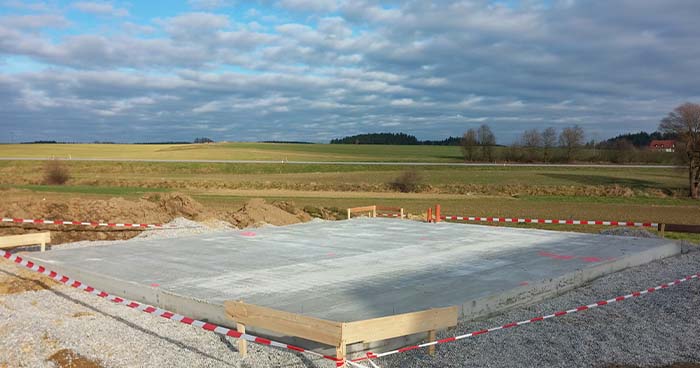
Though they start small, slab leaks can become unmanageable quickly and could result in major repairs for your home. Find out what to look for with slab leak detection and how to go about getting a slab leak repair.
What is a Slab Leak?
A concrete slab foundation is installed by pouring concrete into a slab on the ground with the plumbing sealed inside. This is a great way for homeowners to save money on their build, but the downside is the possible slab leak.
Slow leaks aren’t always a disaster, but if they’re left, they can turn into big and expensive issues. Be sure to contact a professional plumber if you notice any signs of a slab leak.
Signs You Have a Slab Leak:
Now that you know what slab leaks are, it’s important to know how to monitor them.
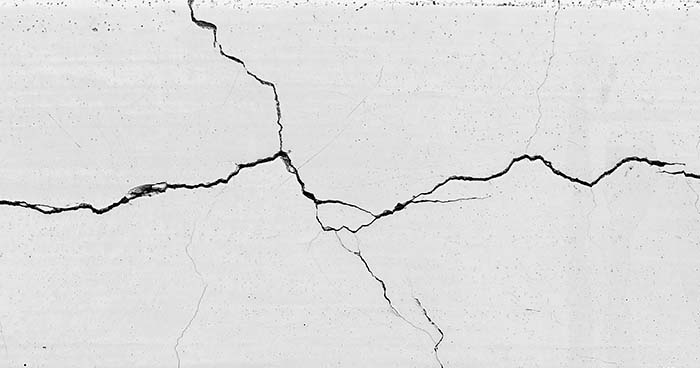
- Uneven or patchy lawn
- Shifting soil or erosion
- A hissing, whistling, or running water sound without a tap on
- Cracks and splits in the foundation
- Mold growth or damp areas on the floors or walls
- Odors from the floors and walls
- Warm areas of the floor
Why Do Slab Leaks Happen?
Slab leaks have numerous causes, including:
Poor Construction
Construction that’s either poorly done or completed with low-quality materials can contribute to slab leaks. Any pipe that’s already worn or damaged can be more vulnerable to leaks or cracks. Furthermore, pipes that have been damaged, such as pipes with a bend or kink, offer areas for water to break out.
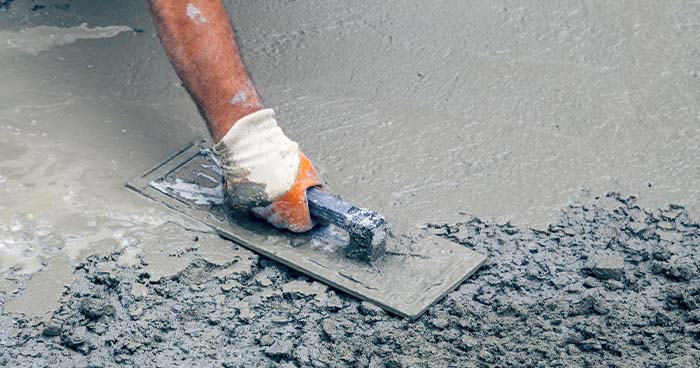
Soil Shifts
Soil erosion and shifting are common in homes. Natural disasters, such as earthquakes or other storms, can lead to soil shifts that may damage the pipes in the foundation. The vibrations from an earthquake can also disconnect pipes, even if they’re strong.
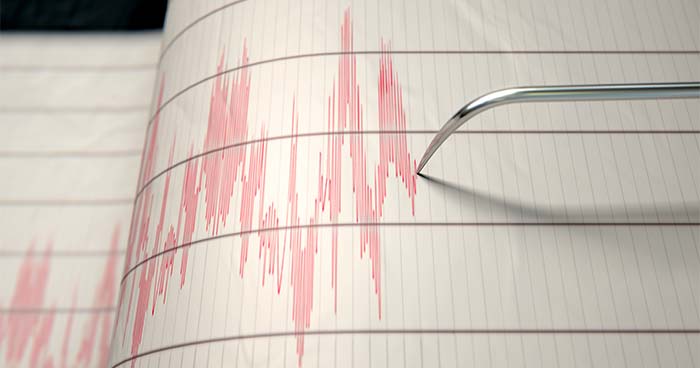
Poor Water Quality
Hard water is a big cause of plumbing issues and slab leaks. Often found in city environments, hard water has an excess of certain minerals that cause limescale buildup. This not only damages your clothing, hair, and skin, but it wreaks havoc on your pipes and causes leaks.
Abrasion
When pipes are installed in the foundation, they’re often close to other pipes, tree roots, rocks, and the abrasive foundation. Over time, the friction builds, allowing weak points to develop in the pipe and let water through.
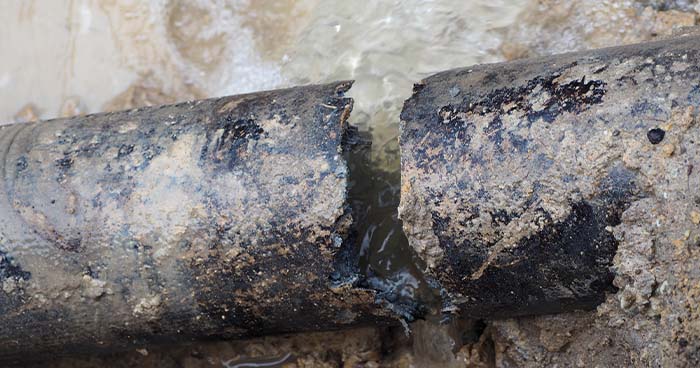
Time
No matter how new and attractive something is at first, wear and tear is part of home ownership. Everything from the siding to the appliances to the windows will need to be replaced eventually, and it’s always best to do it when the problem first arises.
Basically, slab leaks are caused by time more than anything else. Even with other causes, pipes are damaged by the passage of time and may create leaks that cause further damage. This is more of an issue in older homes with antiquated materials like galvanized steel or copper pipes, but any home can fall victim to damage and leaks.

Need slap leak repair? Contact the pros at Service Champions!

